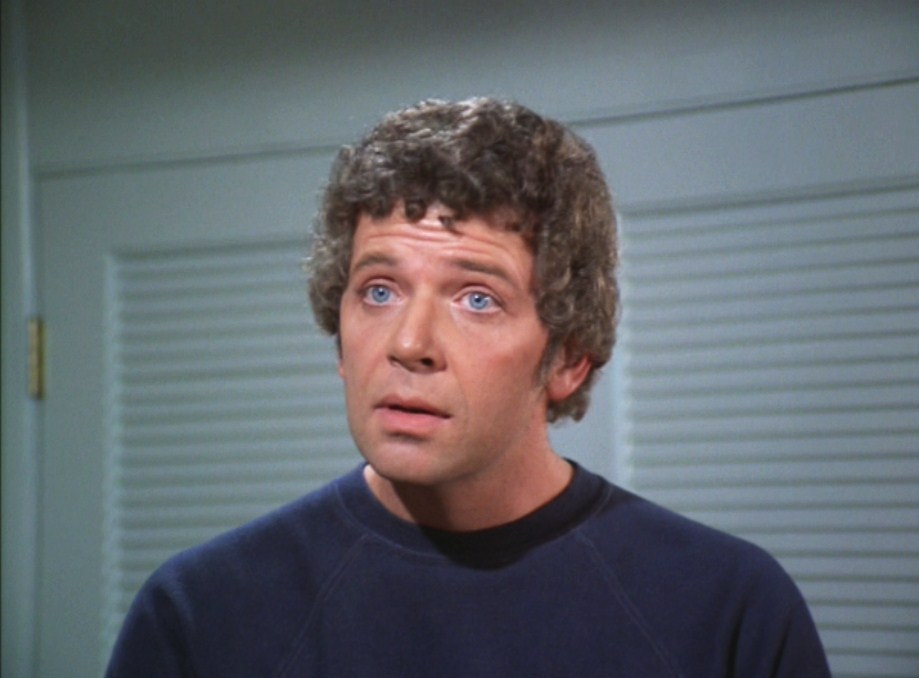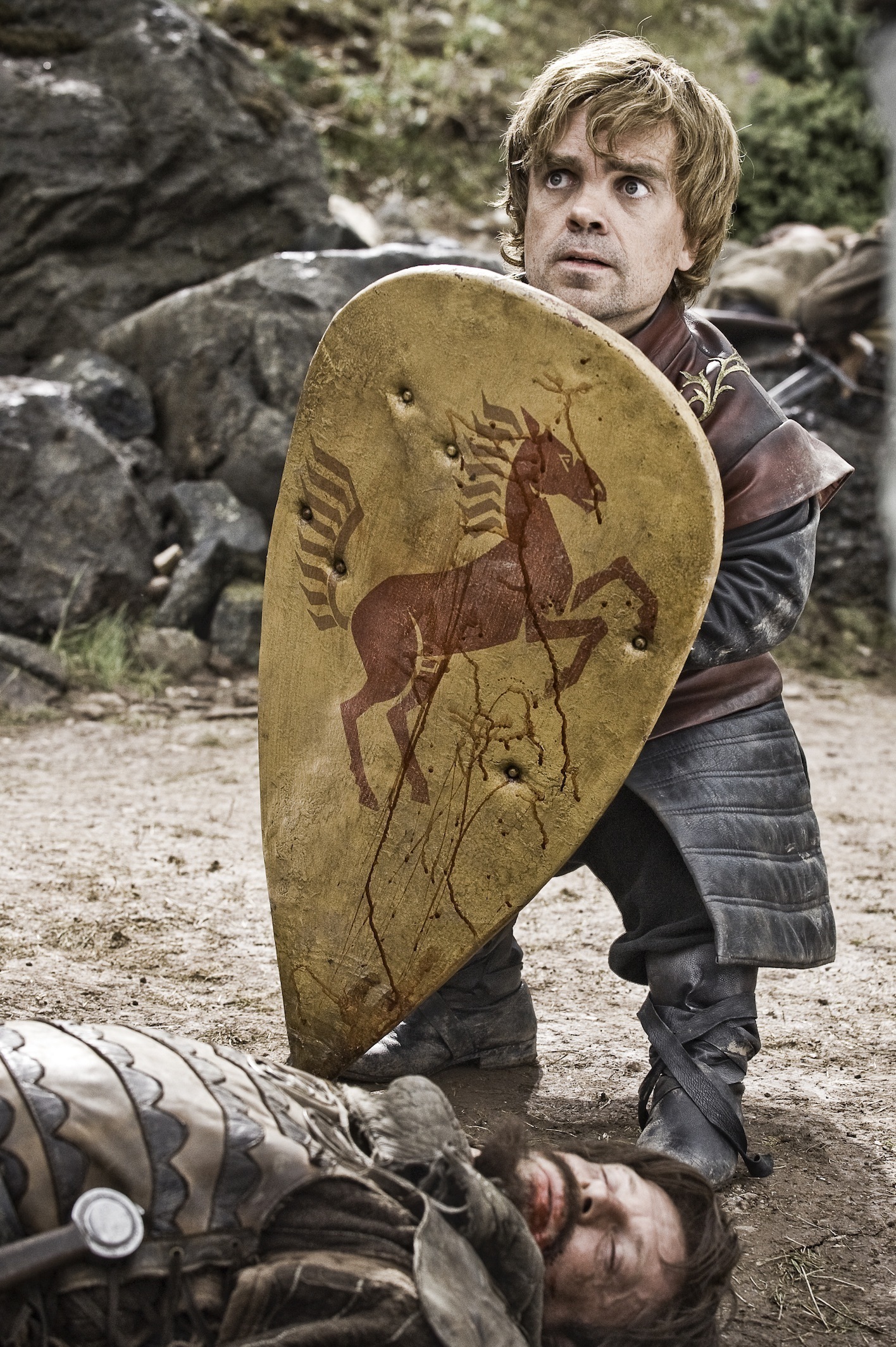In 1913, Jesse Lasky, Sam Goldwyn (then Goldfish) and Cecil B. DeMille went into a new business and formed a filmmaking company. Underfinanced, Cecil took the train out west to shoot their first film which he knew could be their last, a feature called
The Squaw Man. He got off at Flagstaff, didn't like the light or scenery, and decided to go to the end of the line. Though DeMille was flying by the seat of his pants, the Jesse L. Lasky Feature Play Company would make many more films, eventually merge into Paramount, and help make Hollywood the film capital of the world.
After
reading a bio of Sam Goldwyn, I thought I'd check out the other side of the story, as told in Scott Eyman's lengthy
Empire Of Dreams: The Epic Life of Cecil B. DeMille.
DeMille, born in 1881, had a father who partnered with the great theatrical showman David Belasco. Belasco would produce plays within an inch of their lives. If the script called for a bottle of molasses on the shelf, he'd go nuts if it was filled with maple syrup. His productions were memorable, if his plays weren't. In many ways, DeMille, who came up in the theatre before moving into film, was the cinematic equivalent of Belasco. The dialogue could be stilted, the acting wooden, but a DeMille film stood for something. You were getting your money's worth.
The company almost failed before the first film was released. Not being part of the inner circle, the
Edison Trust, there were early attempts at sabotage. (DeMille was probably shot at, and he started carrying a gun.) Then there was a problem with the wrong number of sprocket holes making
The Squaw Man impossible to project. Eventually, the problems were ironed out and the move made money--enough to make more. And DeMille found himself in charge of making them (not a certainty when the company started). The first couple years he made cheap and effective films, with an emphasis on stories that moved quickly (if not subtly) and featured basic emotions, He made one a month, but soon was spending more money and making one every two months, then every six months, and by the end of the silent era, one major production a year. At first, the critics loved him, and he was perhaps the most respected director in Hollywood after D. W. Griffith. The public also responded, and DeMille's name became the star of his movies. While the critics would drop off, the public, for the most part, remained with him.
He hadn't been a raving success in the theatre, but it turned out, with his commanding personality, and his great charm (most spoke kindly of him in later years), he had the instincts to be a director. Really more than a director--he was a general, fearless, overseeing many productions and approaching each new film as if it were a war campaign. In fact, DeMille became the popular model of a director, and actually wore high boots, leather puttees, jodhpurs and carried a riding crop.
He also inspired great loyalty, and accumulated a staff that would stay with him--and that he kept on the payroll--for four decades. He had started as an actor in the theatre, and as anyone who has seen his performance as himself in Billy Wilder's
Sunset Boulevard knows, he was a damn fine one. (He and Wilder liked each other. DeMille was not threatened by other directors. They could do what they could do, but he knew they couldn't top him at what he did.) On the set, his used his acting skills, putting on tantrums now, cajoling people next, addressing the entire cast and crew over the PA system--doing whatever it took to get what he wanted. He would talk to each extra, letting them know they all had roles to play, and should know what they're doing when they walk across the street.
In his later year he would seem old-fashioned, but in the early silent days, he was cutting edge, creating innovations in storytelling and shooting that were copied by many others. He also changed styles, going from action films to comedies (particularly with a young starlet he picked out, Gloria Swanson) to spectacles, generally ahead of the curve.
The transition to sound was tricky. (Some would even say he never fully pulled it off.) With Adolph Zukor running Paramount, having forced out Goldwyn (who never got along with others) and Lasky, DeMille tried his hand elsewhere. His early sound films flopped, and it looked like his career could be finished, as had happpend to most top silent directors of the teens. Soon he was back at Paramount, being given one last chance. He responded with a series of films, often spectacles, that would make him as successful a director as there was--he was the Spielberg or Cameron of his day.
He'd try any subject, though he was most at home in the past (where his dialogue doesn't sound quite so stilted?). His biggest films were often religion-themed--with enough action and sex to keep the modern audience interested; in particular, there was the silent
King Of Kings, his big early talkie
Sign Of The Cross, and his final film and biggest hit,
The Ten Commandments. He didn't win a lot of awards, but his next-to-last film,
The Greatest Show On Earth, won the Best Picture Oscar. (Some call it the weakest movie ever to win the award, and they may be right, but I like it more than the
other four nominees.)
He was a well-known Hollywood conservative (in an age when Hollywood had as many conservatives as liberals). But politics didn't play too big a role in his life until he was in his 60s, and had to leave his longstanding position as host of
Lux Radio Theatre because, as a member of AFRA (precursor of
AFTRA), he refused to contribute an extra dollar above his dues to support a political proposition he disagreed with. He may have been morally right, but this led to him being banned from working in radio or TV for the rest of his life.
Then, in the post-WWII era, during the red scare, when Congress investigated Hollywood, DeMille demanded the ouster of DGA President Joseph L. Mankiewicz for his failure to support a loyalty oath. At an infamous nighttime meeting in 1950 where everything came to a head, the top directors had it out, and DeMille, to this day, is hated by some for his rabid anti-communism and alleged jingoism and nativism. (BTW, his dad was an Episcopalian while his mom was Jewish. He saw himself as the former, even though Hollywood was mostly run by latter.)
DeMille's personal life, especially for a rock-ribbed Republican, was somewhat odd. He loved his wife Constance, but she did not satisfy him sexually. He had several mistresses, and his wife was fully aware of the arrangement. He rarely went home on the weekend, preferring to spend time at his retreat, Paradise, where he often hosted major names of the day, and brought in women for sex parties.
He was in his 70s when he started working on
The Ten Commandments, his costliest film with the longest time in production. It's almost as if he knew it would be his last. He shot under brutal conditions in Egypt. (They got permission to shoot there from King Farouk, but then the revolution forced him out. The next leader was deposed by Nasser before DeMille finally came over. The Egyptians had seen his 30s picture
The Crusades, and loved his portrayal of Saladin.) During the shoot, he had a heart attack, but kept going. There was actually a Dr. Feelgood type on set who gave him mysterious shots that helped keep him going.
The Ten Commandments also spent a year in post while he and his crew worked on the state-of-the-art effects. It was released in 1956 and became the biggest hit since
Gone With The Wind. I saw it in the theatre as a kid (in one of its rereleases), many times on TV, and in the 90s at the Cineramadome hosted by Charlton Heston. For all the overdone emotions and bizarre moments, it is pretty entertaining--especially when they set up the Moses story from extra-Biblical sources. DeMille, weakened, would plan other films, but didn't direct any before dying in 1959.
I've seen a handful of DeMille's silent films, but not enough to judge his output of that era. His talkies I know a lot better, and I can't say I love any of them, but many are still worth watching. He made sure his films looked wonderful, featuring tableaux that manage to be exciting and corny at the same time. It helps to know that DeMille is never cynical--he took great care to deliver the film that he wanted to make, and believes in every frame.










_07.jpg)













